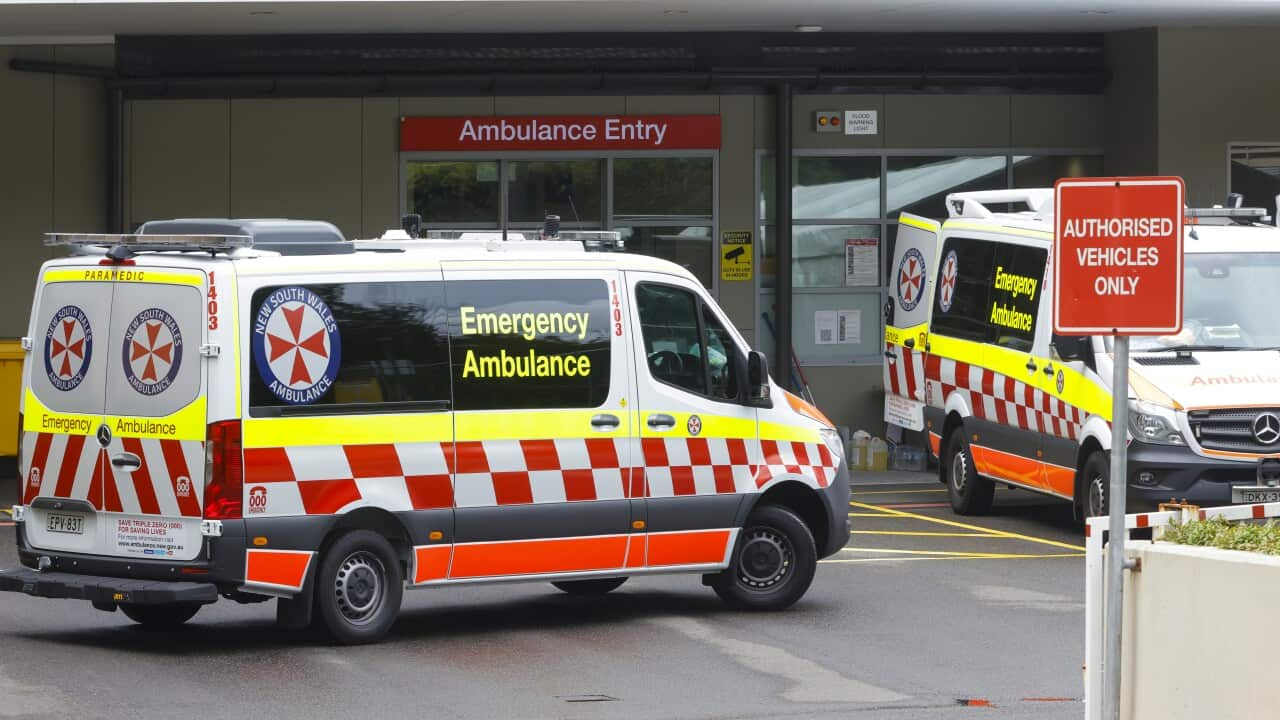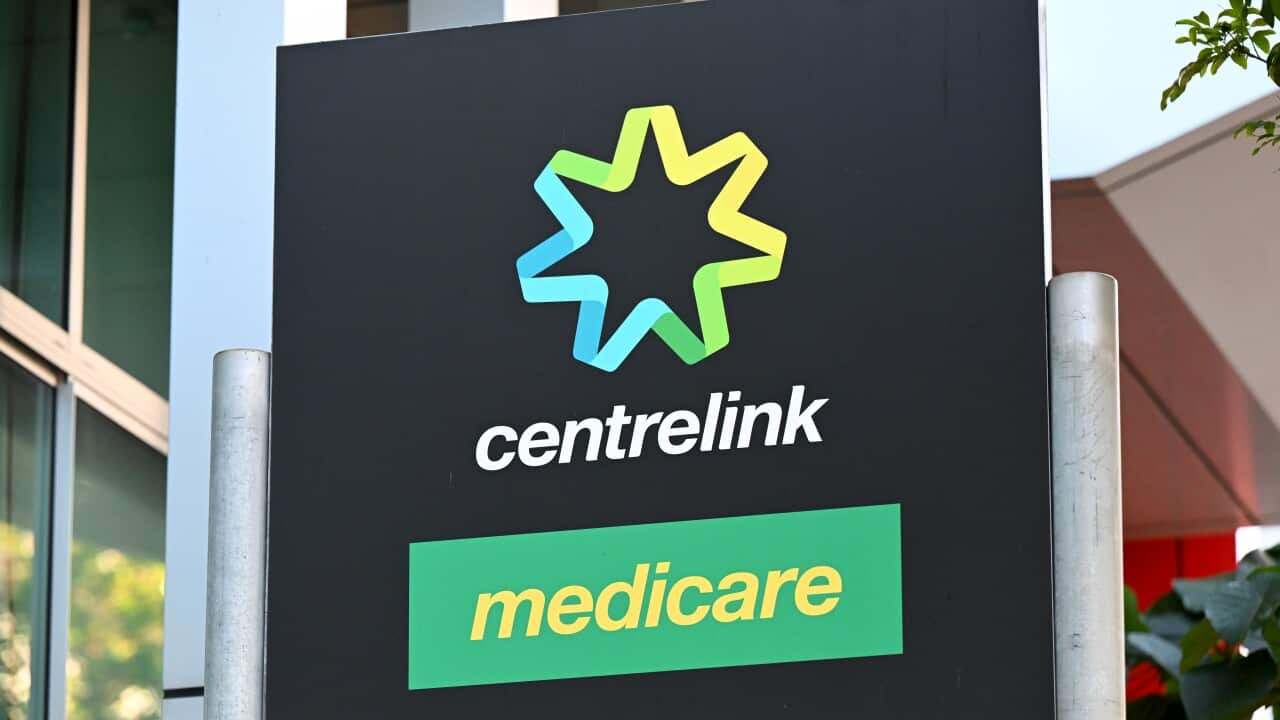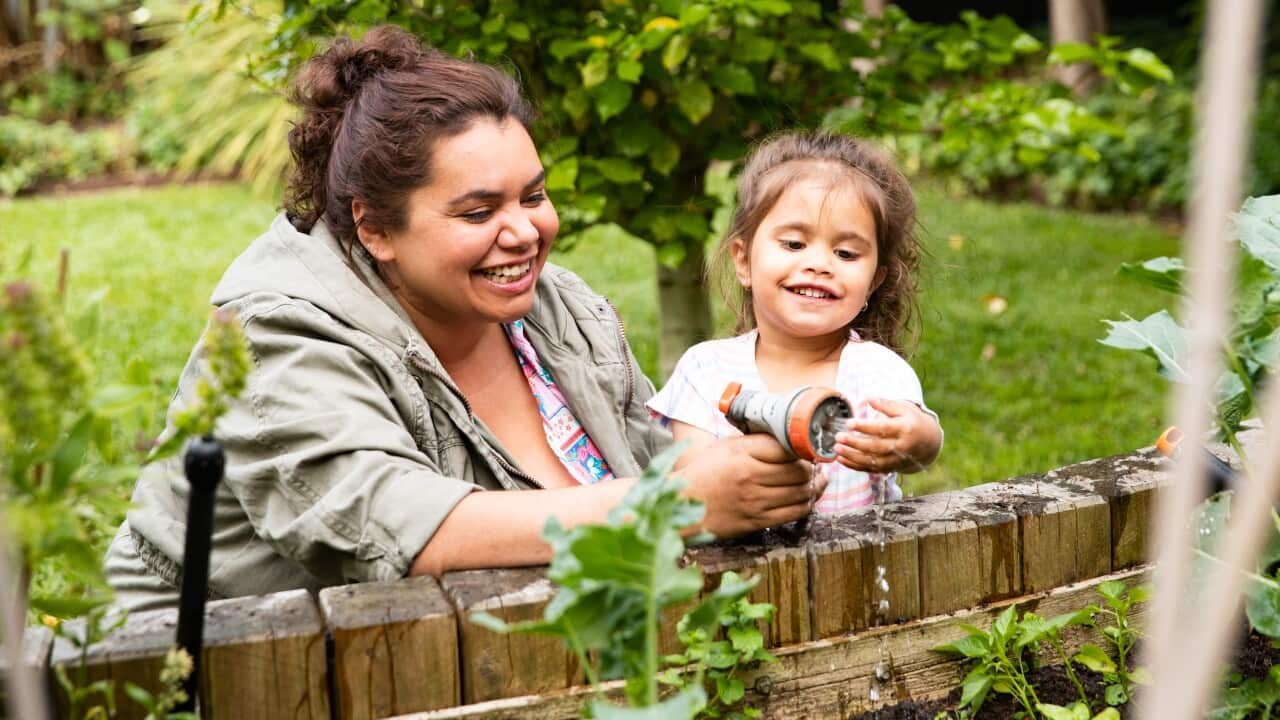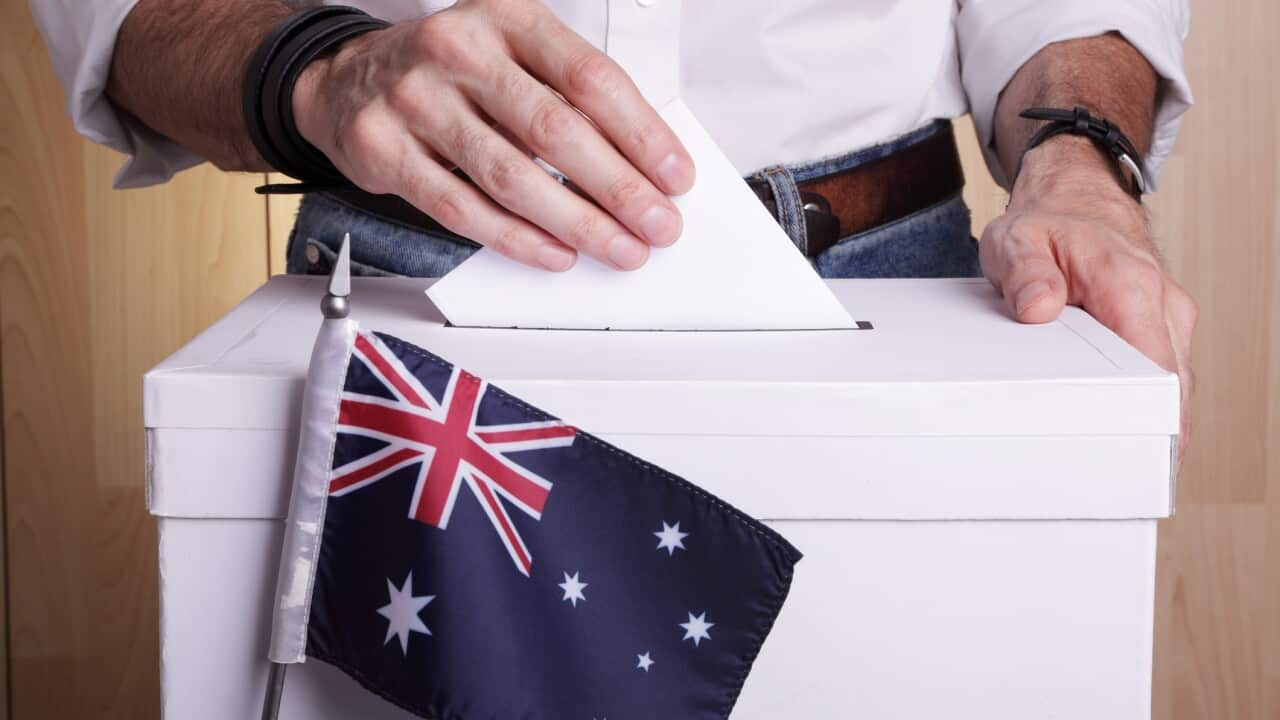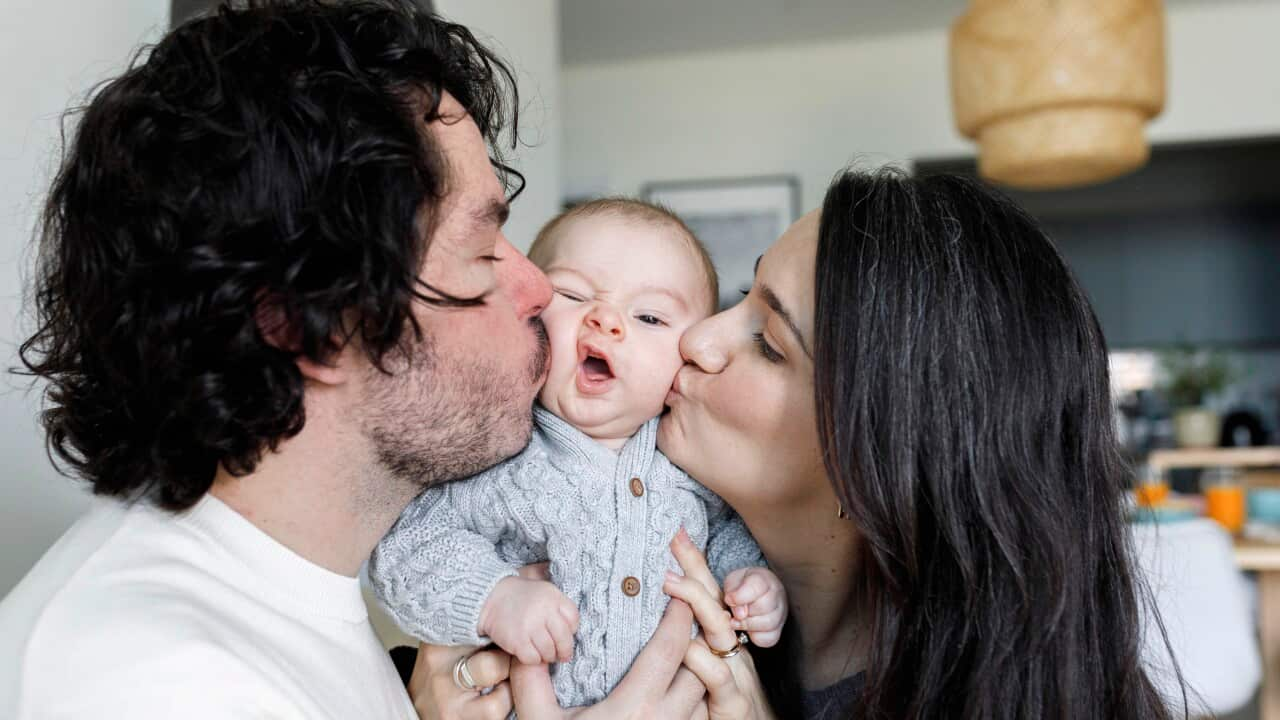Key Points
- If your child needs urgent help call Triple Zero for an ambulance.
- Triage is the initial point of care in a hospital's emergency department.
- Parents should know what doctors think is wrong with their children and the diagnosis when discharged from the emergency department.
When should parents take their child to the , and when is it better to see a or urgent or ?
A Sydney-based parent, Bethany Girling, knew she had to rush her daughter to the children's emergency department when she spotted alarming signs and symptoms on her.
"She had really high fevers. They were going on for probably about four days at this stage. We've been to the doctor, and she was on antibiotics, but she just wasn't getting better," Ms Girling says.
Ms Girling noted that her daughter wasn't drinking, her chest was working hard, and her ribs were sucking in. Without hesitation, she rushed her to the nearest children's emergency department.

Paediatric Emergency Doctor Matthew O'Meara
When to go the emergency department
Paediatric Emergency Doctor Matthew O'Meara from advises that parents should always trust their instincts.
"That instinct can come from a number of things. Sometimes they might notice their child being less alert, less active, less playful. It may be that they've got breathing problems. It maybe they look a poor colour, they look much paler than usual or mottled or bluish," Dr O'Meara says.
He adds that they may not be drinking much or passing much urine, or sometimes, their parents have that gut feeling or instinct that something isn't right.
If you are worried about your child, Dr O'Meara points to the health care services available that can help, starting with calling Triple Zero for an ambulance.
"There're a few doors into the health system. The most urgent door is by calling triple zero for an ambulance. And l would do if you are really concerned that your child needs help straight away, that they're finding it very difficult to breathe, that they have a very poor colour, that you think they've stopped breathing or they're not conscious or they are having a fit," he explains.
An emergency department is a suitable place if they require assistance more urgently.
Dr O'Meara says if your child is experiencing some difficulty breathing—though it's not severe—has a slightly unusual colour, is drinking less than usual, and appears less active than normal, it's essential to seek help soon at the emergency department.
If you feel that something isn't quite right and you need to see them later today or tomorrow, visiting a general practice or an urgent care centre would be a good option.

If you are worried about your child and need help immediately call Triple Zero for an ambulance. Credit: kali9/Getty Images
What to expect in the emergency department
So, what happens next if you find yourself in the emergency department?
Triage is the initial point of care in a hospital's emergency department. It is a system designed to prioritise patients based on the severity of their condition.
Pamela Bold is the Nurse Unit Manager at the in Sydney.
She explains that the triage person is a nurse. They can quickly look over your child and assess their condition based on the urgency of their need to be seen.
"They're given a triage category based on that urgency. So, the most critically unwell patients will be seen first. And then the less urgent patients will then be seen in a timely manner," Ms Bold says.
Ms Bold explains that triage prioritises cases based on urgency for life-threatening conditions, ensuring that the most critical cases receive the highest priority.
Do I have to pay?
In Australia, visits to public hospital emergency departments are free for Medicare cardholders.
However, if you attend a private hospital emergency department, you will need to pay a fee.
Ambulance services also typically incur charges in most states, with fees varying depending on where you are. Some people, such as concession cardholders or those with private health insurance, may be exempt from these costs.

Your child's health details can include allergies, medications, and pre-existing conditions. Credit: ozgurcankaya/Getty Images
Tips for parents and follow up care
If you can prepare before heading to the emergency department, Ms Bold suggests having your primary details handy.
"When you come into our emergency department, we really like it when parents have their Medicare card available or any health details available and their address and phone number so we can contact them if we need to," Ms Bold says.
Your child's health details can include allergies, medications, and pre-existing conditions.
It may also include symptoms when they started, what made them worse, and any treatment you've tried.
Dr Matthew O'Meara explains what happens next if your child's case is processed to be seen next in the queue.
"They will be seen by other nurses, doctors and . Who will assess them in more detail, go through the story in more detail, examine them and work out if any investigations are necessary, like blood tests or x-rays can assess their response to treatment," he explains.
He adds that children may need to be observed for a while before a decision is made about their care. Most children can go home from the emergency department. Still, some may need to be admitted to the hospital for an extended period of care.
If your child's case is less urgent than others in the emergency department, you might face a longer wait time.
At the end of your visit to the children's emergency department, you should have learned several important things about your child's health situation.

If your child's case is less urgent than others in the emergency department, you might face a longer wait time. Source: iStockphoto / chameleonseye/Getty Images
They should tell you what you should expect to happen at home and what things should make you concerned and need to seek medical help.
Doctors will also advise you on managing simple things like pain, fever, and fluids.
Dr O'Meara says that health practitioners at the emergency department should talk to you about medications and treatments, their effects, and any possible side effects.
They will also advise you on where to go if your child needs care after going home from the emergency.
"Ideally, we don't just talk to you about these things. We give you written information in factsheets, and ideally in your preferred language as well, to describe what's going on, and we should communicate with your normal treating doctor about what's going on. So, send them a discharge summary or give you a discharge summary to take to your doctor," Dr O'Meara adds.
If your family prefers a language other than English, you can access a free translating and interpreting service to help communicate with health services by calling 13 14 50.
Now you know what to expect if you have to go to the emergency department, but you can also learn about the English words and phrases you may come across in these situations. to improve your English and feel more confident when talking to hospital staff.
Thanks to the Sydney Children's Hospitals Network for suggesting this topic. Factsheets (in several languages) and further information is available on the .
Subscribe or follow the Australia Explained podcast for more valuable information and tips about settling into your new life in Australia.
Do you have any questions or topic ideas? Send us an email to [email protected]

